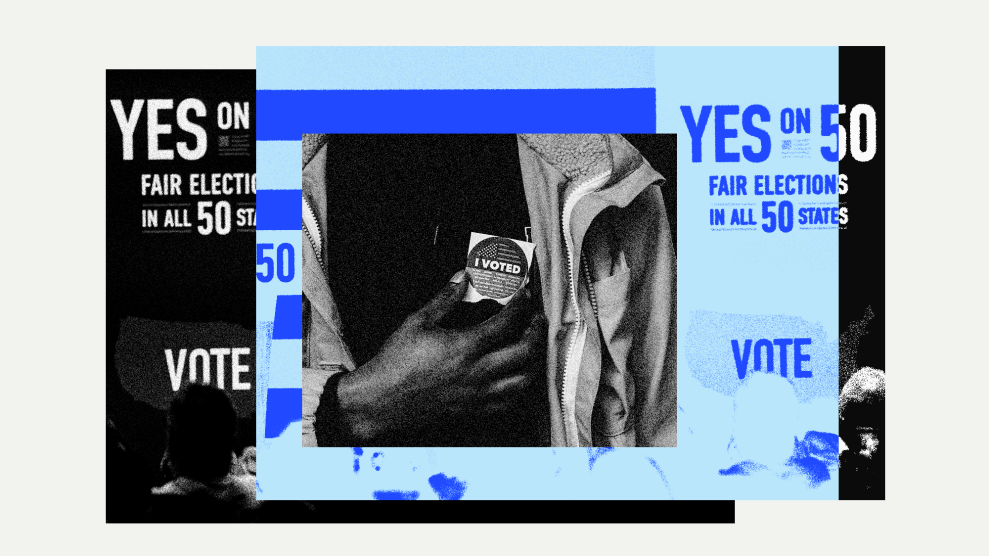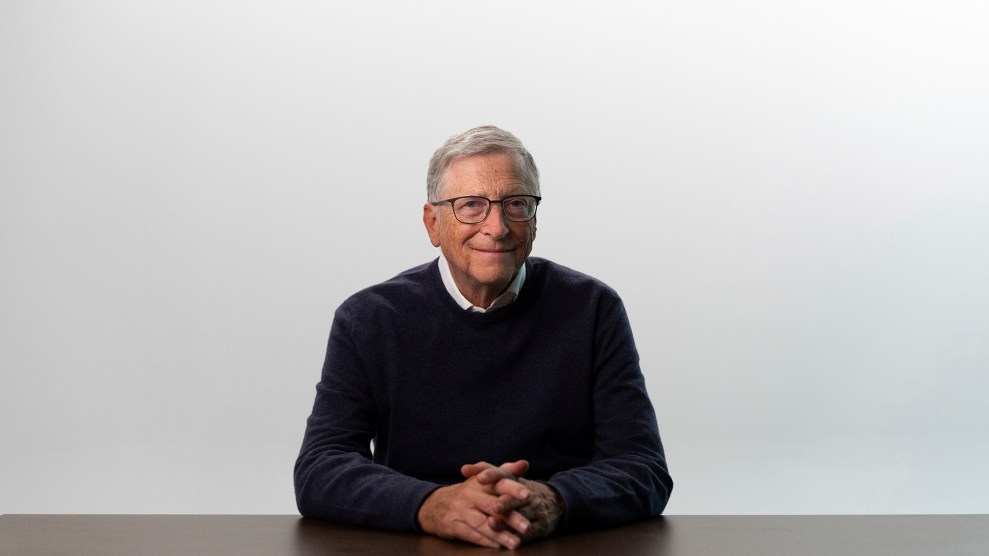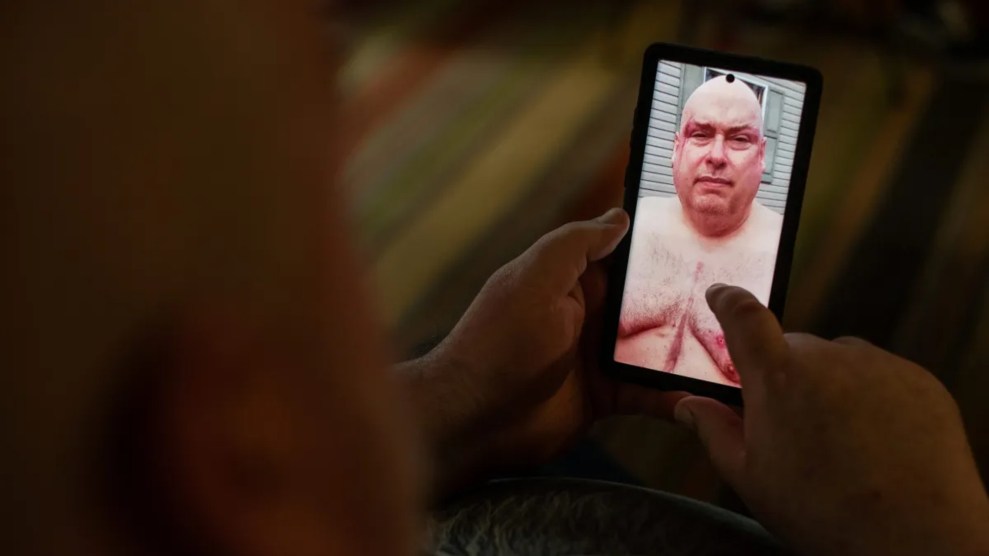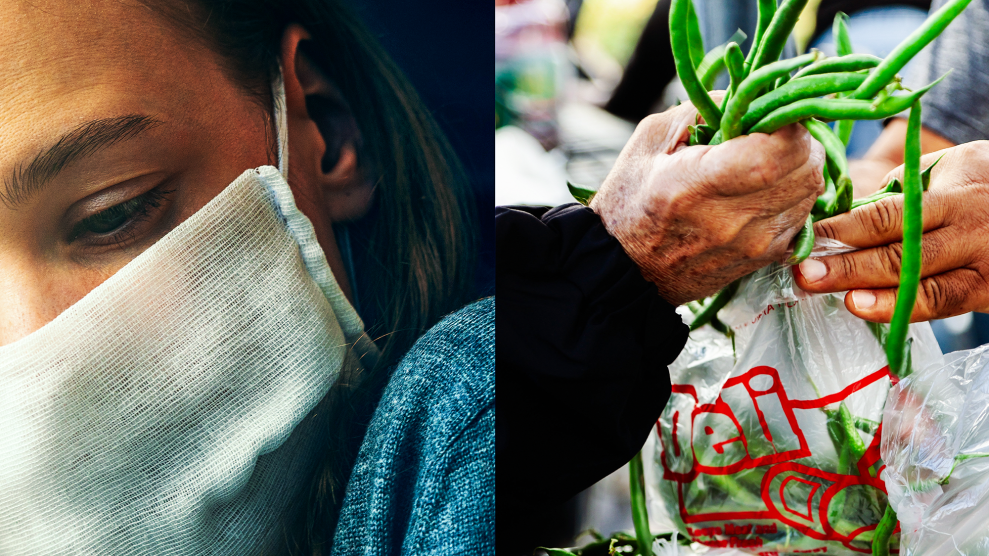In his 1954 memoir, Satchmo: My Life in New Orleans, Louis Armstrong paints a vivid portrait of the 1918 pandemic and the connective tissue of solidarity, resilience, and stamina that helped him survive it:
A serious flu epidemic had hit New Orleans. Everybody was down with it, except me…[The city] ordered closed all schools…churches, theaters, movie houses, and other places of amusement, and [banned] public gatherings…Just when the government was about to let crowds of people congregate again so that we could play our horns once more, the lid was clamped down tighter than ever.
He was 17 years old. Or 18, going by the flag-waving musical myth that July 4, 1900, was his birthday. (It wasn’t; biographers converge on August 4, 1901.) The pandemic “forced me to take any odd jobs I could get. With everybody suffering from the flu, I had to work and play the doctor to everyone in my family as well as all my friends in the neighborhood.”
“If I do say so,” Armstrong added, “I did a good job curing them.”
Armstrong continues to cure. He turns 119 today, and the doors to his music are always open, even if the entrance to America’s full range of public accommodations and rights weren’t always: “I had it put in my contracts that I wouldn’t play no place I couldn’t stay,” he said in a 1967 interview.
Armstrong cared for patients in overcrowded hospitals, a fact no less resonant than his towering contributions to music, culture, and American life. “He was the epitome of jazz and always will be. He is what I call an American standard, an American original,” Duke Ellington said of him. “You can’t play anything on a horn that Louis hasn’t played” was Miles Davis’ take.
From 7–10 p.m. ET tonight, catch the rebroadcast of more than 50 musicians paying tribute on the Armstrong House’s Facebook page, and browse some timeless archival photos here.


















